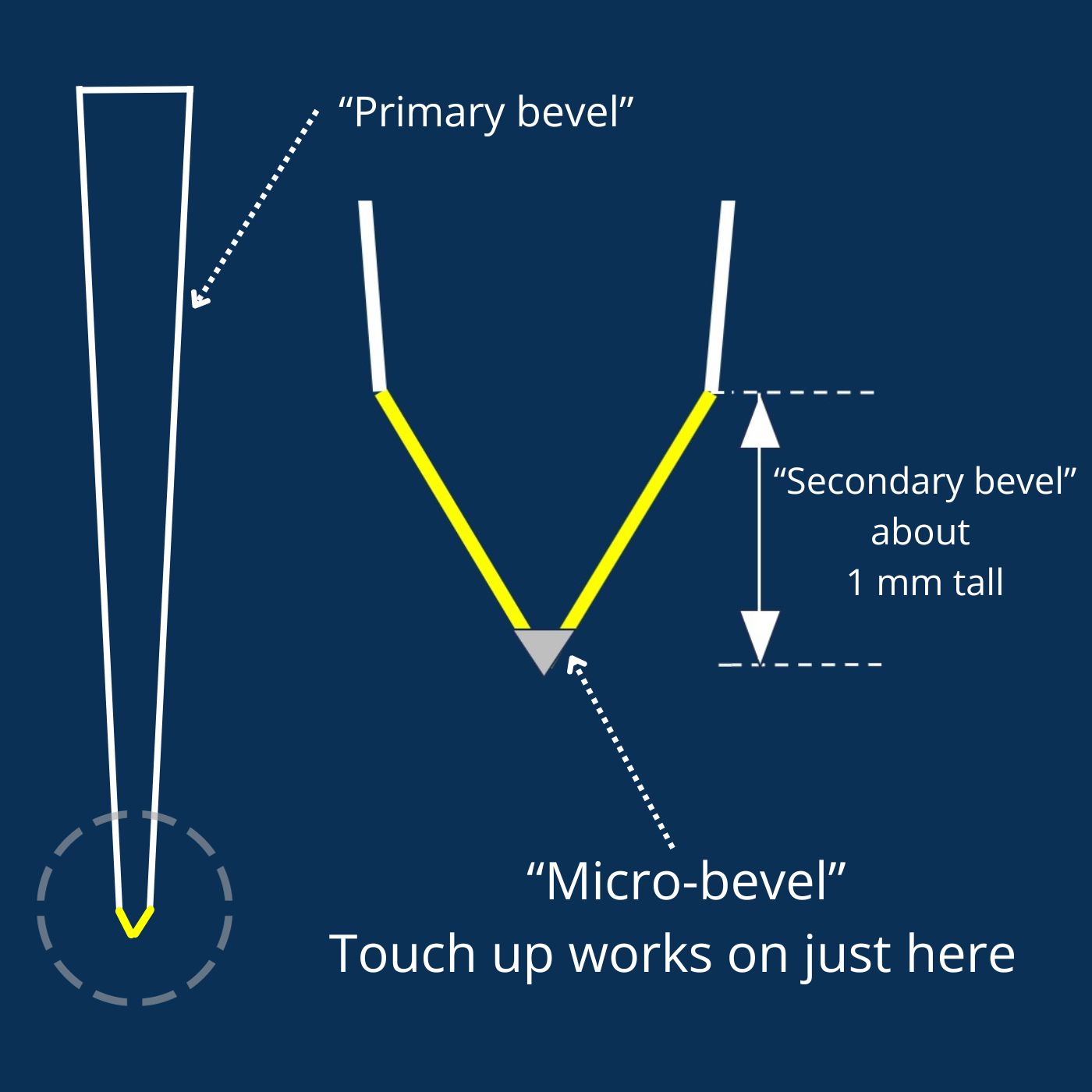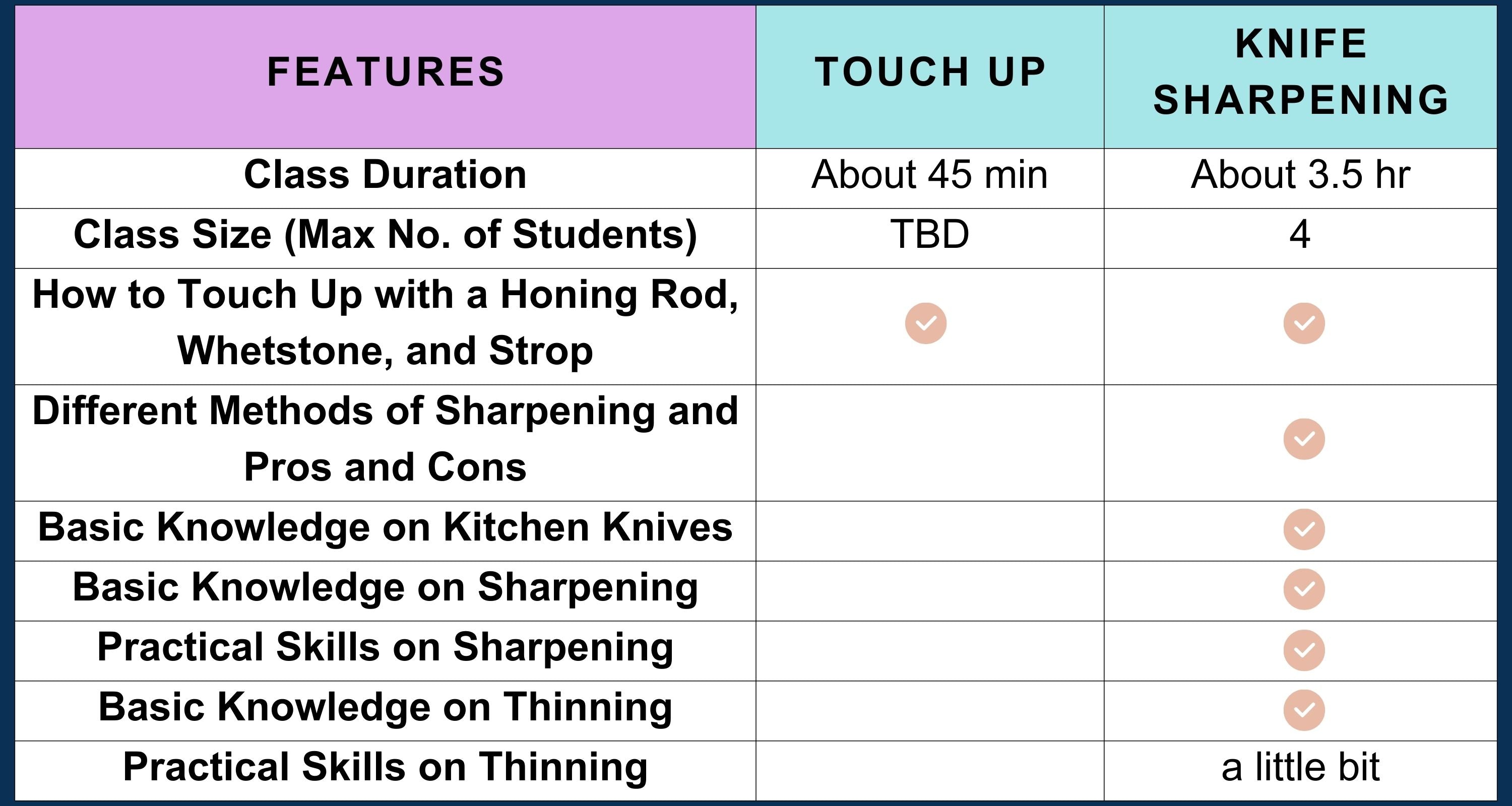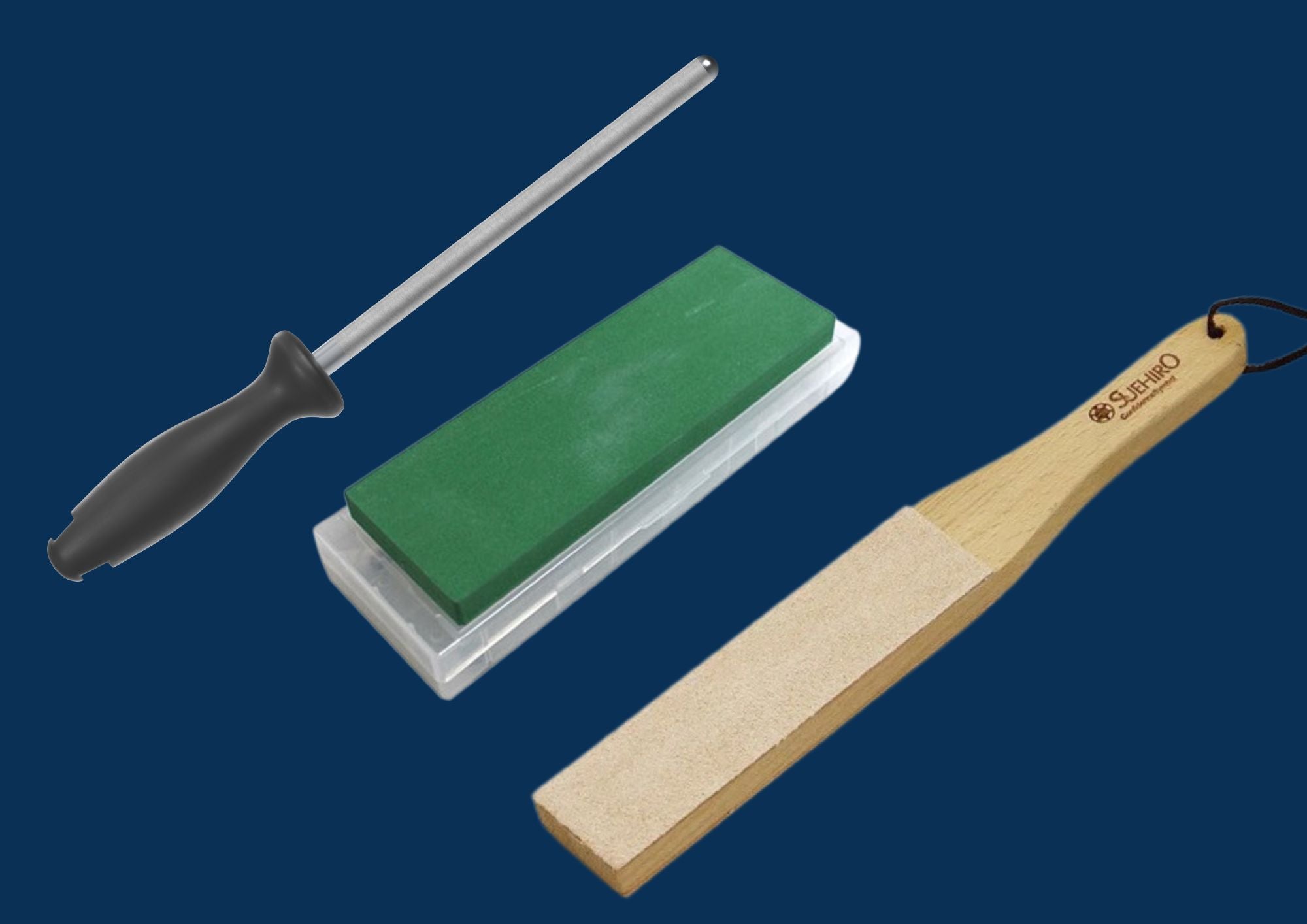Learn a 1-min easy way of maintaining the sharp edge from a specialist
Touch Up Class
All knives go dull eventually
Even expensive knives made of quality steel for high edge retention go dull in a matter of months. Knives made of soft steel can go dull in as quickly as 10 mins of good use in commercial environments. Whatever your knives are, you need to maintain the sharp edge to do what they are meant to do.
Maintenance Cycle: Touch up, Sharpening, and Thinning
A touch up is a very quick and easy way to restore only the very apex without removing much steel and is usually done multiple times before sharpening. Sharpening removes enough steel to create a new edge. Thinning makes the blade thin again after multiple sharpening sessions. Please read Maintenance Cycle for details.
Book Here
Please select your preferred time and number of students, and click on Book. You will then be directed to our booking page.
Please contact us and tell us your preference.
If there is a date you would like to choose from our scheduled classes, choose the date and click on Book. In our booking page, tick "This is a gift". Fill in the gift recipient's name, email address and phone number.
If there is no date you would like to choose or you would like your gift recipient to choose a date, scroll further down to where "Get a Gift Card" button is. Enter your desired amount in the box like the price of the class, and press the button.
When you are on the booking page, you can choose to notify your gift recipient via email about the gift at your desired time and also add a message to it like "Happy Birthday!" or "Merry Christmas!"
Please choose a date, click on Book. On the booking page, tick "Apply a gift card/voucher".
If it is at one of our locations, click "Request Private Class" button below.
If it is at your desired location, Contact Us.
Prices
| Touch Up Class | Sharpening Class |
| $60 | $245 |
Locations
7-9 Flinders Street, Surry Hills, NSW
Available only on weekends.
Please note: This is their studio location (not their shop).
https://www.providerstore.com.au/
Large Group only - Please contact us
What does a touch up mean?
By our definition, it's a 1-min easy way of maintaining the sharpness by restoring only the micro edge. It's done in a way that removes almost no steel from the knife if done correctly. This is a preventive action and should be done while the edge is still reasonably sharp. Professional chefs do it as frequently as every 10 mins to fortnightly. The harder the steel, the longer the edge holds. If the touch up is no longer effective, the edge could be very dull or fatigued from use and repeated touch ups. Sharpening on stones will be needed to re-establish an edge.

Class Description


How to Touch Up with a Honing Rod, Whetstone, and Strop
You will learn what each does to the edge, the pros and cons of each item, how to assess knife condition, how to set the best angle and how to use each item.
Please note:
This class is for sharpening double bevel knives - the most common household knife.
Knowledge required:
Beginner friendly. Perfect for any foodie enthusiast and for chefs who are just starting out or have not been properly taught by a knife specialist.
What to bring:
- You can sharpen our practice knives or your own kitchen knives, so you are welcome to bring your own knives to sharpen. Please bring your knives in an appropriate material such as a tea towel, knife case, roll, or bag. If your knives are too dull for a touch up, you can use our practice knives.
- We have honing steels, whetstones, and strops for you to use in the class, but you can bring your own too and see what works best for you. We also sell the whetstones, strops that we recommend using in the class.
- Please arrive 10 minutes before the class starts.
- Please wear closed-in shoes.

